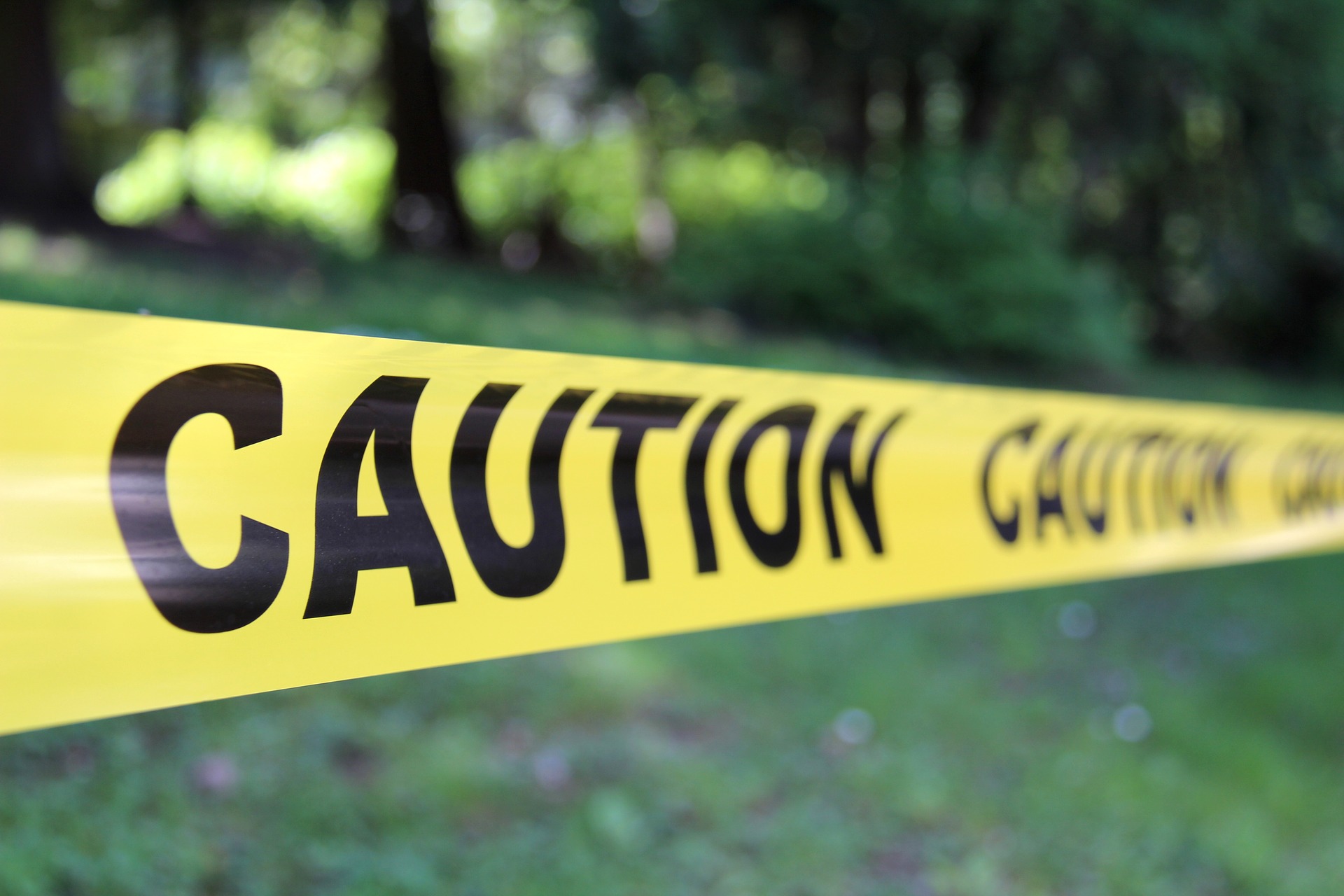The unexpected death of a tenant is a situation that no Ontario landlord wants to face, but the reality is that it could happen at any time. It’s important for landlords to understand how to properly deal with the death of a tenant, especially when dealing with the family of the deceased, their property, and lease agreement involving the tenant. Here’s what Ontario landlords should do if your tenant has died.
What are the first steps I should take if my tenant dies?
If you suspect that your tenant has died unexpectedly or receive a tip from a friend, family member or neighbour, the first thing you should do is contact the authorities – entering the unit and finding a deceased tenant is not something that any landlord without proper training should attempt to deal with. A professionally trained police officer can perform a wellness check on your property in order to determine whether or not the occupant has died or is in need of assistance. Once the death of your tenant has been confirmed by authorities, the death has been investigated, and the tenant’s family has been informed, you should make arrangements with the tenant’s next of kin or estate with regards to possessions.
What happens to the tenancy agreement if my tenant dies?
The Ontario Residential Tenancy Act states that if a tenant dies unexpectedly and is the only person on the lease agreement, a landlord can legally consider the tenancy agreement terminated after a thirty day period. Ontario landlords within this period are legally obligated to offer reasonable access to the tenant’s executor or estate administrator, or family member in the event that there is no executor or administrator. If the tenancy agreement has been signed by more than one tenant who wishes to continue living in the property, the landlord is still legally obligated to continue the lease. If the tenant’s spouse was living with them at the time of death but is not officially in the lease agreement, the spouse is still considered to be a principal resident of the property and is considered to be the tenant until the end of the lease agreement.
What should I do with my tenant’s property?
The Residential Tenancy Act outlines how landlords should deal with the property of a deceased tenant, stating that landlords must preserve possessions until the tenancy has been officially terminated. This gives the tenant’s estate or family sufficient time to make arrangements for the transportation or sale of the possessions. Landlords are allowed, however, to dispose of any items that are deemed unhygienic or dangerous. If no executor, administrator, or family member of the deceased claims the property, Ontario landlords are then allowed to sell it or dispose of it. It may be wise to contact an attorney in this case however, as the Residential Tenancy Act states that executors, administrators, and family members can continue to claim possessions for up to six months after the death of a tenant. To free up the unit for rental, it may be wise to store the tenant’s possessions for 6 months to avoid running afoul of the RTA. You will, however, be responsible for any storage unit costs during this time.
Dealing with the death of a tenant can be a traumatic and trying experience for landlords in Ontario. If you’re a good landlord, you’ve probably formed a good relationship with your tenant and it can be hard to deal with emotionally. However, from a business standpoint, It’s important to follow the guidelines outlined in the Residential Tenancy Act when navigating these unfortunate situations. Experienced property management companies like Highgate Properties can help Ontario landlords by ensuring that lease agreements, property, and other considerations are dealt with professionally.
For more information about the property management and realty services offered by the experienced team at Highgate Properties, contact us today.





